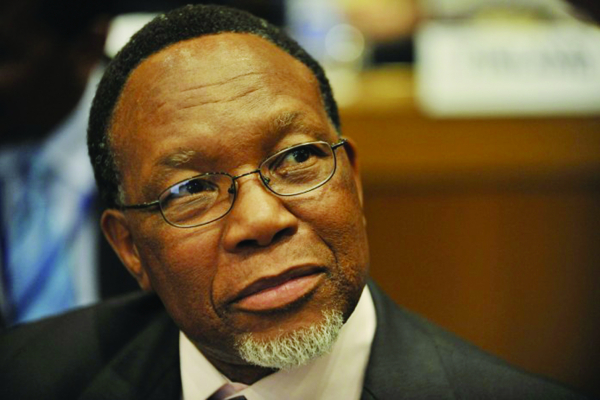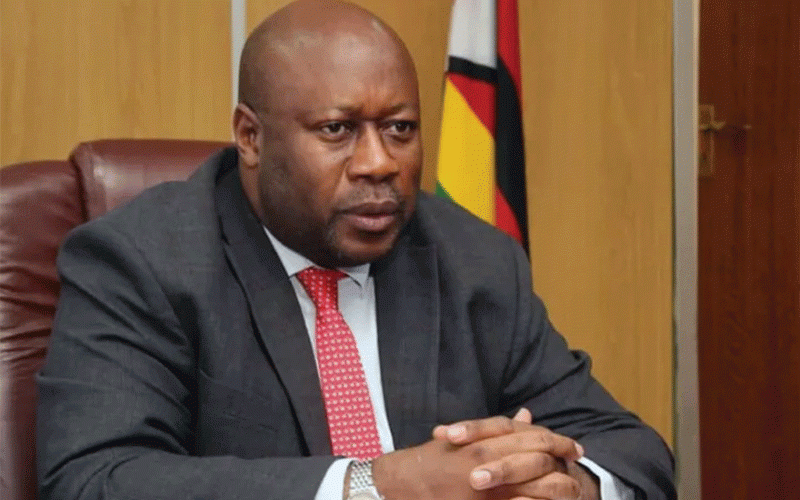
THE commission of inquiry into the August 1 post-election violence that resulted in the fatal shooting of six civilians by the military has claimed that it captured 90% of evidence, particularly post-mortem reports, provided by human rights groups.
BY XOLISANI NCUBE
Commission secretary Virginia Mabiza yesterday told NewsDay that contrary to public fears that the inquiry team had ignored submissions from the 22 human rights organisations represented by the Zimbabwe Human Rights NGO Forum, they had, in fact, considered the bulk of the evidence contained in the group’s 500-page dossier.
“People should wait for the full report, as opposed to speculate. It is unfortunate that now I have to disclose something which I should not have done. People will see it for themselves after we have put up a website,” Mabiza, who heads the commission’s secretariat, said.
“Let me say it today, we used quite a lot from their voluminous report which they presented to the commission. I can tell you that the commission relied upon the post-mortem evidence from the forum. So it would be unfair to allege that we ignored them, we did not,” she said.
Mabiza, however, declined to disclose finer details of the team’s findings, saying they were still putting final touches to the final report before its submission to Mnangagwa.
The Zanu PF leader, who has been accused by the opposition MDC leadership of deploying the killer soldiers as a crowd-control measure following protests over delayed presidential results, received an executive summary of the findings from commission chair, former South African President Kgalema Motlanthe, on Thursday.
Mabiza’s remarks came after Human Rights NGO Forum chairperson Jestina Mukoko wrote to the commission on November 26, expressing fears that their submissions had been ignored by the secretariat.
- Chamisa under fire over US$120K donation
- Mavhunga puts DeMbare into Chibuku quarterfinals
- Pension funds bet on Cabora Bassa oilfields
- Councils defy govt fire tender directive
Keep Reading
“I, hereby, submit video evidence in connection with the violence of August 1, 2018. We note, with concern, that despite the submission of this evidence to the secretariat of the commission of inquiry on October 5 and 12, 2018, this evidence is not before the commission of inquiry and only two of the 18 witnesses covered by this evidence were invited to testify,” Mukoko said.
She, too, said she was expecting to be invited to give evidence before the commission, but was locked out.
The NGO Forum, which brings together 22 local human rights groups, had accused the commission of cherry-picking witnesses to testify before it, while ignoring those directly affected by the violence and subsequent shootings that resulted in the death of six people, as 22 others were left nursing gunshot injuries.
The forum accused the commission’s secretariat of poorly handling evidence, expressing fears that evidence could have been tampered with.
The human rights lobby group also said it was perturbed that the commission wound up its inquiry on Tuesday before even acknowledging the evidence that they had presented before it and denying other critical witnesses an opportunity to testify.
But Mabiza said the commission could not summon all witnesses who tendered their affidavits through the forum, but took the affidavits into account and the evidence would be included in the final report.
“The forum must know that we had many other organisations presenting evidence and they had brought reports like theirs, so we had to look at those we needed clarity on. The report with all technical issues and witness testimonies will be published on the website,” she said, adding the executive summary submitted to Mnangagwa was compiled after a thorough analysis of all evidence gathered from various witnesses.
Among the affidavits contained in the dossier that the NGO Forum claimed were ignored was that of Wisdom Chipere, who claims that he was shot by soldiers in his genitals.
Several people, including MDC supporters, who were assaulted by soldiers in several high-density suburbs in Harare, Epworth and Chitungwiza, among others, were also not called to testify.
Chipere, in his affidavit, said he was at the corner of Julius Nyerere Way and Nelson Mandela Avenue in the city centre when he was shot at point blank by a soldier.
Last Thursday, the commission’s spokesperson John Masuku said the final report would be handed to Mnangagwa on Saturday, but the commission made a U-turn at the weekend, claiming the report was still being finalised, although it admitted submitting an executive summary to the President.
Meanwhile, Motlanthe left for South Africa yesterday, leaving other members of the commission to finalise the report and is expected back in the country in time for presentation of the final report on or before December 19.











